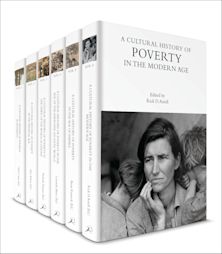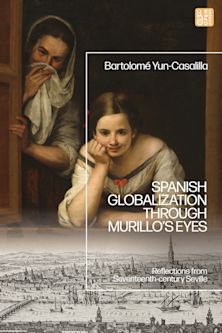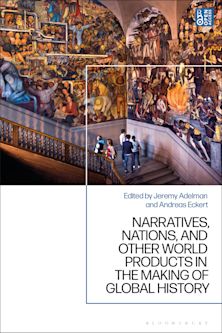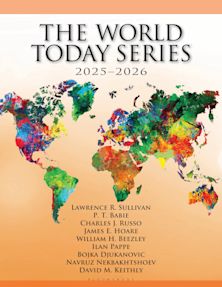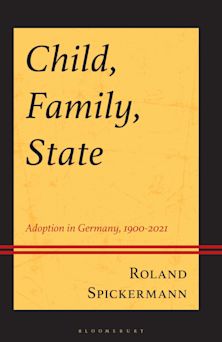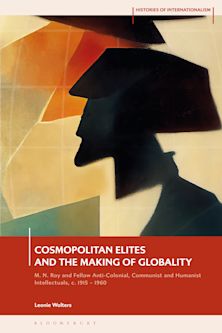Human Rights in Translation
Intercultural Pathways
Human Rights in Translation
Intercultural Pathways
Description
This volume reflects on what happens when the idea and practice of universal human rights cross the cultural borders between different communities of knowledge. Although such rights are usually presumed to be founded on certain globally shared beliefs, the norms and values of many cultures are often incommensurable with these "universal" principles, and hence the need to translate and “vernacularize” them. Any law that would successfully institutionalize them must frame human rights in a way that defers to the historically constituted cultural capital of the society in which it is to function. The essays in this book seek to illuminate different cognitive contexts that produce different meanings of rights, identify spaces of intercultural crossings where differences can coexist, and offer usable narratives and metaphors that could help mediate between distinct cultures. They show that the path forward does not lead through a unified theory of human rights that can be applied globally, nor through mere repackaging of rights in a more understandable language. What is needed is a deep understanding of the process of intercultural dialogue, the cultural "grammar" involved in relationships of difference.
Table of Contents
Chapter 1: Human Rights and the Grammar of Interculturality, Michal Jan Rozbicki
Chapter 2: Human Rights against Human Rights: Universal Declaration of Human Rights, Interpretative Discrepancies, and Intercultural Transpositions, Mario Ricca
Part II: Rights and Religion
Chapter 3: Transgender Rights in Pakistan?: Global, Colonial, and Islamic Perspectives, Jeffrey A. Redding
Chapter 4: The Off-Centered Hub of Secularism: Religion Inside Human Rights Projections and Quotidian Life, Melisa Vazquez
Chapter 5: Migration’ as a Metaphor for Religious Conversion: a Reinterpretation of Freedom of Conscience and Belief in Colonial India and Pakistan, Shazia Ahmad
Part III: Rights and Migration
Chapter 6: Protestant Work Ethic Revisited: The Ephemeral Nature of Commitment to Human Rights, Hisako Matsuo and Rachel Santon
Chapter 7: Politics, Religion and Debt: Translating Lives into Normative Frameworks for Asylum Seekers in Italy, Tommaso Sbriccoli
Chapter 8: The Role of Human Rights Frameworks in Refugee Host State Integration, Rachel Santon
Part IV: Rights and Cultural Difference
Chapter 9: Defending Liberty from Tyranny in Dostoevsky's Siberia: The Impact of Captivity on an Intercultural Consensus Regarding Human Rights, Elizabeth Blake
Chapter 10: The ASEAN Human Rights Declaration as a Case of Human Rights Translation, Marcella Ferri
Chapter 11: The Color Curtain: Richard Wright on Race, Rights and Western Values, Anders Walker
Product details
| Published | Oct 26 2018 |
|---|---|
| Format | Ebook (Epub & Mobi) |
| Edition | 1st |
| Extent | 252 |
| ISBN | 9781498581424 |
| Imprint | Lexington Books |
| Publisher | Bloomsbury Publishing |
Reviews

ONLINE RESOURCES
Bloomsbury Collections
This book is available on Bloomsbury Collections where your library has access.












